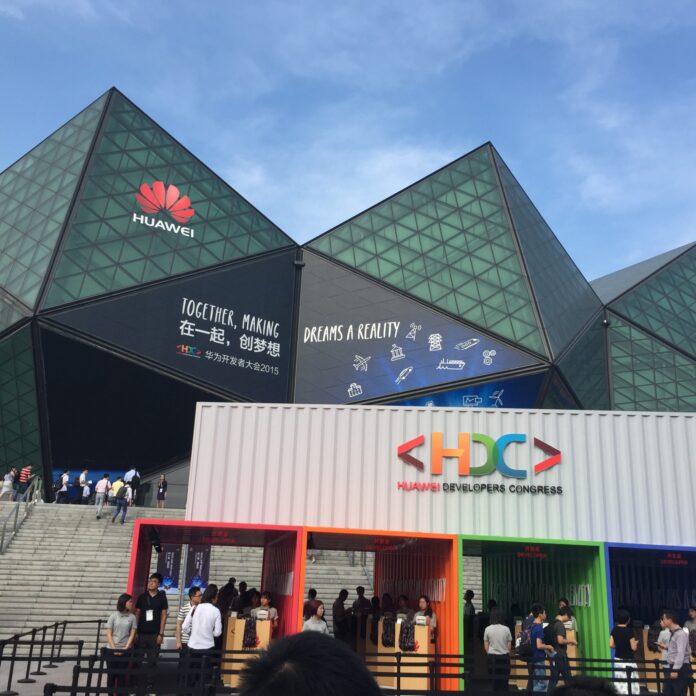Agreement includes joint evaluation and research activities
Chinese information and communications technology provider Huawei and Spanish telecommunications firm Telefónica have signed a strategic Memorandum of Understanding to focus on the development of “5G” technologies.
Based on the MoU, which was inked in Hong Kong earlier this month, the companies will undertake joint evaluation and research into the requirements of a 5G network environment investigating the 5G network architecture needed to deliver the ambition of superlative data connection speeds with low latency.
Huawei said joint activities will include key air interface technology, performance evaluation and prototype verification.
Telefónica CTO Enrique Blanco said “5G will have massive impact on the telecommunication industry and in society as a whole. Telefónica doesn’t want the 5G networks startup to be a specific single event, but rather a process, which we want to begin right now.”
According to David Wang, Huawei’s wireless product line president, “Huawei is investing a tremendous research effort into the 5G key enabling technology. Our collaboration with Telefónica is at the very heart of this commitment: To help build better connected societies, businesses and economies, and ensuring 5G success is essential in achieving this.”
The Chinese company has been researching 5G technologies since 2009, and has signed strategic cooperation agreements on 5G with leading mobile operators including China Mobile, Vodafone, Deutsche Telekom, Japan’s NTT DoCoMo and South Korean operators LG U+ and KT, among others.
French regulator Arcep completes 700MHz spectrum auction
The French government obtained a total of 2.79 billion euros ($2.98 billion) from the sale of mobile frequencies in the 700 MHz band, local telecommunications services regulator Arcep said in a release. The regulator received 466 million euros for each block of 5 megahertz of spectrum. The auction of 700 megahertz of spectrum was completed after 11 rounds, the regulator said.
Mobile operators Free Mobile and Orange obtained two blocks of spectrum, while Bouygues Telecom and SFR each secured one block of 5 megahertz spectrum.
The regulator said that each candidate’s position on the frequency band still needs to be determined, and that the winning candidates are invited to submit their preferences by Nov. 19, along with the price they are willing to pay for their first choice.
“The 700 MHz frequencies will be used in particular to reinforce the capacity and speed of the group’s very high-speed mobile broadband network, particularly indoors and in rural areas, and to prepare for the introduction of 5G once this technology is available,” Orange said in a statement.

